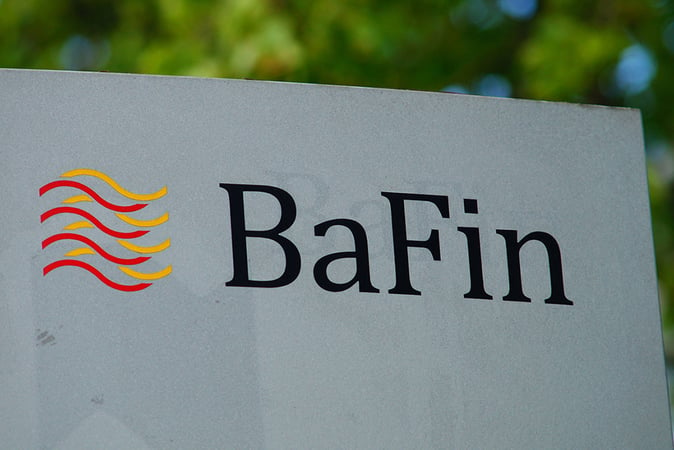The denial of a custody license in Germany poses significant challenges for Binance, as Germany represents one of Europe’s largest and most influential markets.
Germany’s Federal Financial Supervisory Authority (BaFin) has reportedly denied the Binance exchange’s application for a crypto custody license. Finance Forward, a news publication, has reported that BaFin has communicated this decision directly to the exchange.
The decision signifies a regulatory setback for the crypto trading platform. A custody license would have allowed Binance to legally offer crypto custody services to its German customers, ensuring compliance with the country’s stringent financial regulations.
People familiar with the matter suggest that BaFin’s decision was influenced by concerns over the lack of transparency and regulatory compliance within Binance’s operations. However, The nature of BaFin’s decision regarding Binance’s custody license remains uncertain.
It’s unclear if the denial constitutes a formal cancellation or an expression of intent amid ongoing negotiations. However, the message conveyed by these discussions is undeniably clear, BaFin has doubts about Binance’s compliance with regulatory standards.
Notably, a Binance spokesperson has acknowledged the ongoing discussions with regulators and emphasized the company’s commitment to complying with BaFin’s requirements. On the other hand, BaFin declined to comment on the matter due to professional secrecy requirements in Germany.
Meanwhile, Binance has already established a significant presence in the German crypto market. As one of the largest crypto apps in Germany, Binance has managed to attract a substantial user base, with an estimated two million customers.
Despite the absence of a license, individuals can still access the Binance website and app, as there are no explicit restrictions on visiting or using the platform. However, limitations arise in terms of the Binance exchange’s ability to legally provide custodial services and certain other regulated activities in Germany.
BaFin Rejection: Implications for Binance
The denial of a custody license in Germany poses significant challenges for Binance, as Germany represents one of Europe’s largest and most influential markets. With the license, Binance would have gained a competitive advantage by offering compliant custodial services to German customers.
However, without the necessary license, Binance is not permitted to promote its services within the country. This can potentially impede the company’s growth and outreach to potential customers in the German market.
Furthermore, this action may affect Binance’s credibility in the broader crypto market. Given the increased emphasis on regulatory compliance, exchanges that fail to meet regulatory criteria risk losing credibility and may find it difficult to retain the trust of both investors and institutional partners.
It is worth mentioning that Binance is not the only Fintech startup that has been scrutinized by German regulators. Other fintech startups targeted by German regulators include Crypto.com, Cakedefi, and Uniswap.
Recent reports also suggested that Binance has encountered challenges with regulatory approvals and operations in various jurisdictions. A recent report revealed that Binance withdrew its application for regulatory approval in Austria.
Additionally, the company has reportedly abandoned its registration with Cyprus’ securities regulator and decided to exit the Netherlands after an unsuccessful attempt to register.
Benjamin Godfrey is a blockchain enthusiast and journalists who relish writing about the real life applications of blockchain technology and innovations to drive general acceptance and worldwide integration of the emerging technology. His desires to educate people about cryptocurrencies inspires his contributions to renowned blockchain based media and sites. Benjamin Godfrey is a lover of sports and agriculture.




